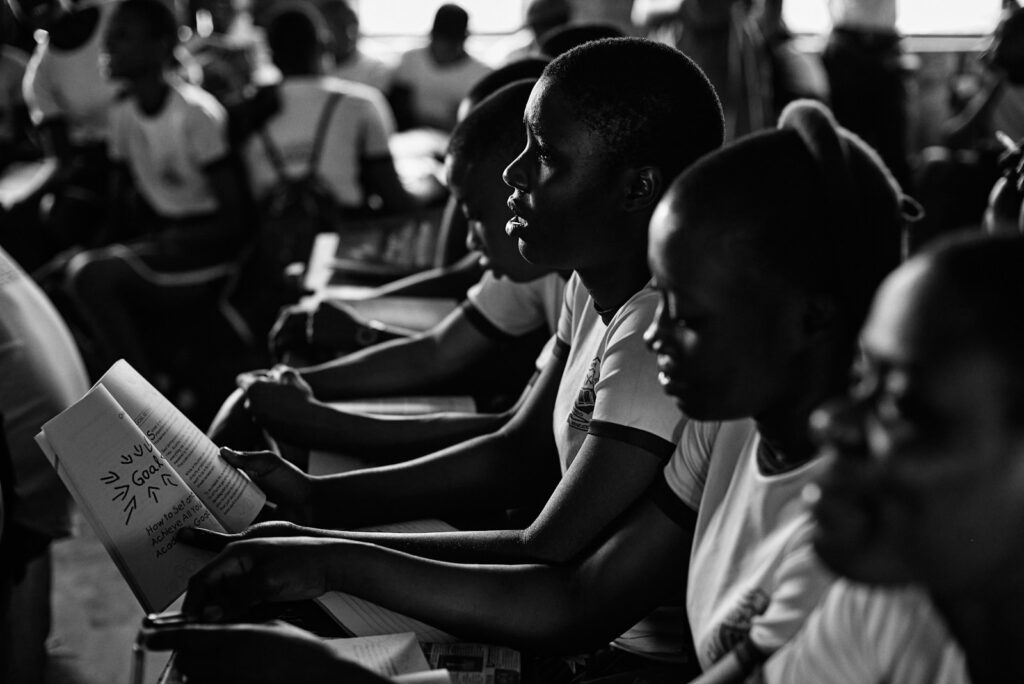
The notion of sole custody is indispensable for parents who want to make decisions concerning their child’s welfare without involving another parent. In the case of sole custody, one is granted the exclusive legal and physical rights over the child by the court. This article examines the applicable law and processes involved in the grant of sole custody in Nigeria.
The Paramount Interest of the Child
Child custody matters in Nigeria are regulated by the Matrimonial Causes Act, the Child’s Rights Act, and the Child Rights Laws of various states, along with relevant procedural rules. These laws have the best interest of the child as the paramount consideration in any custody decision.
Steps to Obtain Sole Custody of a Child in Nigeria
- Consultation and Preparation of Documents
Sole custody may be applied for either in a divorce or judicial separation proceeding as part of ancillary relief or by making an independent application. It is prudent to seek the advice of a family law specialist who will advise on the facts of the particular case and prepare the necessary documents to be filed at court.
- Filing a Petition or Originating Motion in Court
This is usually done by the filing of a petition to the High Court in a matrimonial cause or an Originating Motion to the High Court or the Magistrate Court serving as a Family Court. Under Order 6 Rule 3 of the Family Court of Lagos State (Civil Procedure) Rules, 2012 and the Oyo State Family Court Procedure Rules, 2020, such an application shall be accompanied with:
- A statement of case stating the facts.
- An affidavit of facts supporting the application.
- A statement of arrangements for the child’s welfare.
- Relevant documents, such as:
- Marriage certificate, if any.
- Birth certificate of the child.
- Evidence to show that sole custody will serve the best interest of the child.
- A statement of truth that the information provided is true.
- Service of Court Processes and Response from the Other Parent
After filling, the court proceedings need to be served upon the other parent, and this provides an opportunity for response.
- Court Hearing and Decision
In this regard, the court shall make consideration of the presented application of the parties involved. This decision of the court will be on what the court considers as what serves as the welfare of the child. If the application succeeds, then the court grants an order for sole custody stating the rights and responsibilities of a parent.
Obtaining sole custody in Nigeria involves a detailed legal process designed to protect the child’s best interests. Since every case is unique, it is essential to seek professional legal advice to navigate the process and achieve a favorable outcome.
